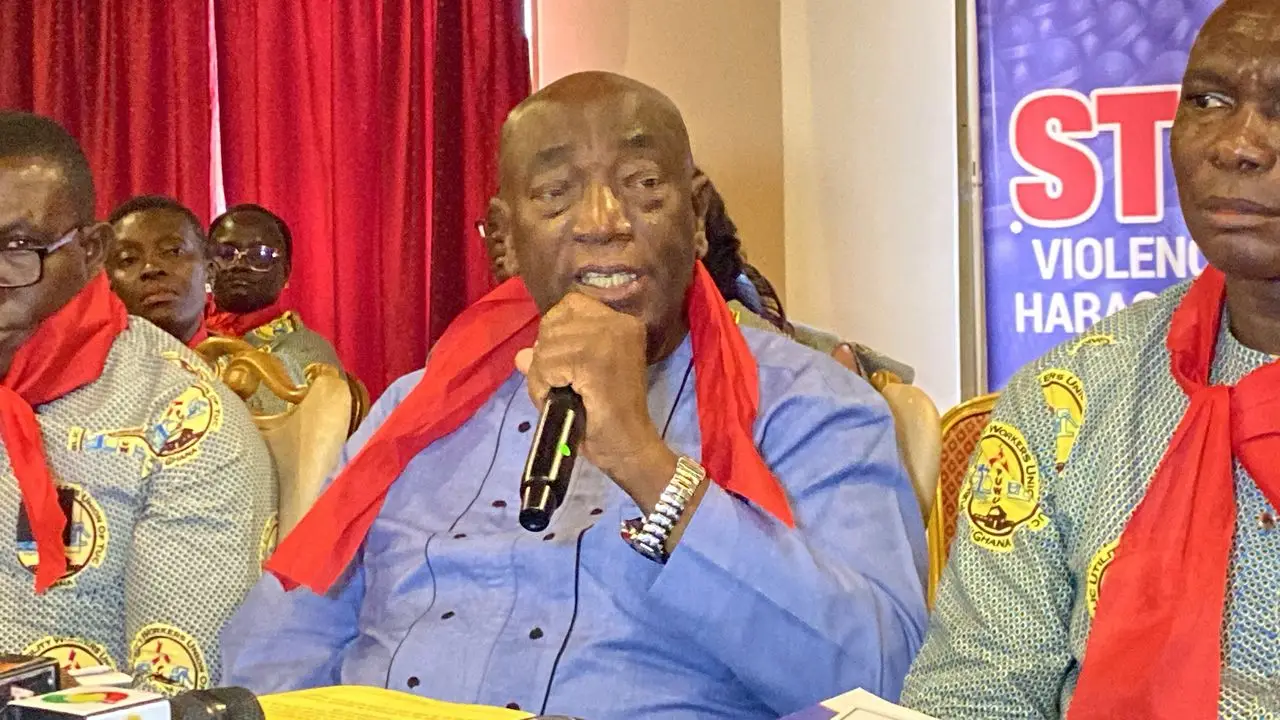
Professor John Gatsi, economist and Dean of the University of Cape Coast Business School, has maintained that the indicative exchange rate used by the Bank of Ghana (BoG) is not reflective of the cost structure of business in the country.
According to the central bank, the cedi depreciated at 6.8 percent against the US dollar in the first quarter of 2024, signalling relative stability.
As of the close of the day on Tuesday, March 26, the Cedi was selling at 13.75 to the US dollar.
However, Prof. Gatsi, while speaking with Alfred Ocansey, host of TV3’s news analysis programme, Ghana Tonight, on Tuesday, March 26, stated, amongst other things, that “if indeed we want to compute the exchange rate or the depreciation from January [2024] to now, you will be talking about 16 percent depreciation”.
“So if the Bank of Ghana is using the minimum exchange rate that is being quoted, that is not reflective of the cost structure of many businesses in the country,” said Prof. Gatsi, adding, “What we know is that majority of people interface either with the banks or with forex bureaus.”.

According to the economist, the second quarter even portends a more dire economic situation if the cedi depreciation is not curtailed.
He noted that although business seemed to be settled mostly during the second quarter, this put a lot of pressure on the major trading currency, the US dollar, which also increased dollar-denominated import duties.
Prof. Gatsi further indicated that the majority of business owners and individuals use the Forex Bureau, therefore, the exchange rate at the Forex Bureaus increases their cost structure.
“It seems to me that majority are going to that market and that is reflective of the cost structure than what the Bank of Ghana is quoting. Because the Bank of Ghana is quoting that intermediated by the commercial banks, and by the time they get to many traders, they are buying the dollar at an expensive price at the forex bureaus”, he stated.
Meanwhile, Professor John Gatsi questioned the Bank of Ghana’s (BoG) decision to adopt the 2022 reference point to conclude that the Ghanaian Cedi has seen “relative stability.”
“Relative stability, as the Bank of Ghana is using it, means that they have a reference point so they are looking at the depreciation today as against that reference point.
Read more:
“So if you listen to them, you will see that they are using 2022 as the reference point to say that the depreciation now is better than the depreciation in 2022 and for that matter, they’ve concluded that there is relative stability,” he explained.
He added, “But the question is, why is the Bank of Ghana not interested in 2020? Why is the Bank of Ghana not interested in 2017? So that is the question we all need to ask.”
The post Relative stability of Cedi: Minimum exchange rate not reflective of cost structure for businesses – Prof. Gatsi first appeared on 3News.
Read Full Story

















Facebook
Twitter
Pinterest
Instagram
Google+
YouTube
LinkedIn
RSS